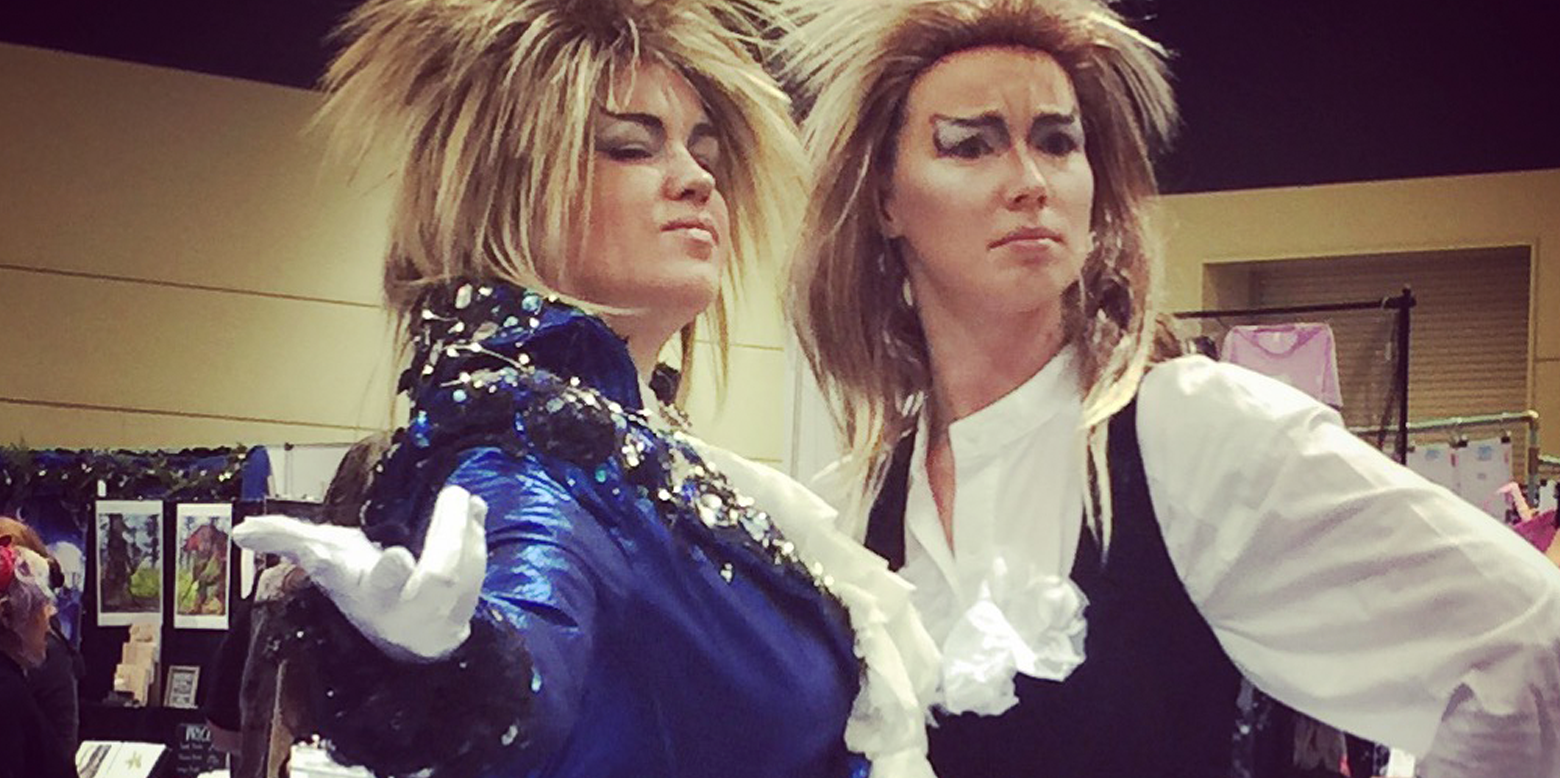Shown above: most excellent villains
Hello everyone! It’s the last day of the Clarion West 2019 Write-a-thon, and there is still time to sponsor me, or sponsor someone else. We’re all great! And all the money goes to Clarion West!
As I explained in the previous essay, my original goal for this year was to write rapid drafts of books 3-7 in the rougarou series, but after it took me three weeks to write the draft of book 3 I realized I would be lucky to finish the rapid draft of book 4 in the next three weeks. So, what happened? Did I finish?
Not exactly. I stalled out in the middle of rapid drafting book 4 and realized I had to go back to the outline stage, because Plot.
I’ve talked before about the difference between plot and story, but one thing I don’t know if I’ve emphasized enough: plot is really hard. And I make it harder for myself by writing plot-heavy supernatural thrillers (is that what I write?) and then even harder than that by having a larger, more epic storyline that needs to play out over books 3-7.
When I went back to the outline stage, I realized I had a Villain Problem. I had the main antagonists doing things that sort of vaguely made sense in a general way, but I had not thought through their motivations and plans in enough detail. They didn’t really make any sense, and they weren’t driving the action.
It’s easy to abuse your villains that way. Villains could be said to exist in order to drive the plot, so they can end up feeling mechanistic and hollow in the same way a plot can. What does the villain want? Why do they want that? If that’s what you wanted, would you really do this thing that the plot sort of requires the villain to do? Maybe not.
So I went back and really thought in detail about what the villains were actually planning, what they knew and how they knew it. A bunch of scenes finally fell into place, and book 4 started moving forward again.

